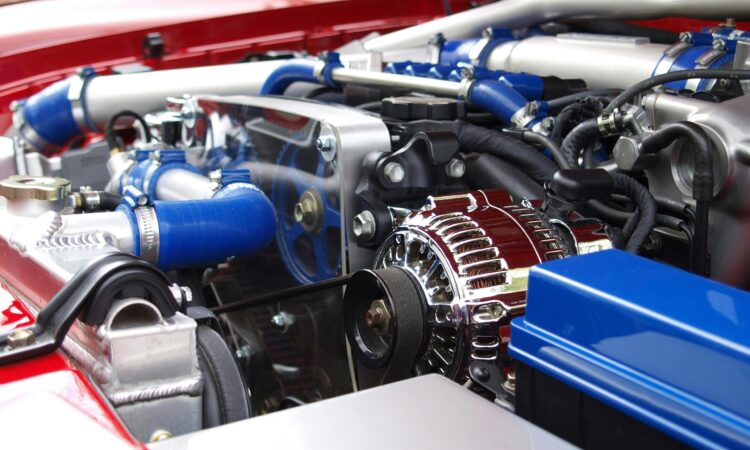The Batteries of the Future: Potential Alternatives to Lithium-Ion

Before diving into an article of – admittedly pretty far-fetched – speculation on what the future might hold, it is worth stating right away that lithium-ion batteries aren’t going anywhere any time soon. Despite the massive investment that battery technology research has seen in recent years (and there has certainly been a lot of that) lithium-ion batteries are still the most efficient batteries that are currently widespread across various markets. Indeed, this technology, which was first developed as long ago as the early nineties, still has a sure position as the go-to technology for battery power.
Yet innovation and research always look towards the future, and with battery technology currently going through a definite zeitgeist, development in this area has never been more energized (pardon the pun). There are already many new battery technologies that are becoming commonplace in nearly all battery-related contexts. For example, new USB rechargeable batteries, such as those produced by Utah-based company Pale Blue Earth, already provide a fantastic alternative to traditional rechargeable batteries. It is all about ease of use and applying battery technology to as many different applications as is possible. The new rechargeable smart batteries from Pale Blue Earth, for example, offer massively increased efficiency, charge capacity, reduced charging times, and a longevity that has never before been seen for small household batteries. Yet the success of such technology is not stopping people looking ahead.
The Power of Lithium-ion
Of course, if any new technology is going to replace lithium-ion batteries, then it certainly has its work cut out. Although the technology has been around for quite a long time, its staying power has been for a reason. Lithium-ion batteries are now industry-standard for powering portable electronic devices like smartphones and tablets, but they are still in the process of extending their domination over older technology. Lead acid batteries, for example, are not yet obsolete (car batteries in gas-powered cars are still of this type) and, in many cases, lithium-ion batteries remain the more expensive option.
Potential Alternatives
All of that said, lithium-ion batteries could certainly – one day far in the future – become obsolete. So what could potentially replace them? Here are some of the top contenders:
Hydrogen Fuel Cells
While it might seem like Tesla is currently dominating the electric car market, Japanese giant Toyota have nevertheless been plugging away at developing hydrogen-powered cars. Although far from a mass roll-out, if this technology were to ever become economically viable, it could certainly replace lithium ion. The reason for this is that hydrogen fuel cells only produce water as a byproduct and their manufacture is potentially much less expensive, and environmentally friendlier, than lithium-ion.
Graphene Supercapacitors
First thing’s first – a supercapacitor is not a battery. In fact, it is a completely different energy dispensing technology that can potentially charge and discharge faster than any battery. However, graphene supercapacitors are essentially nano-technology, and will require a great deal of refinement before they could become commercially viable.
Redox Flow Batteries
Redox flow batteries certainly have what it takes to power the future – if the technology can be perfected. With the potential to produce a battery with 70% more energy density than the lithium-ion battery, it’s easy to see why the Department of Energy is sponsoring a great deal of research in this area. The potential is massive, even if economic viability is still some way off.
In summary, it is worth holding on to your lithium-ion batteries for a while yet. Their day is still far from spent. But come the time when it is, there could be many new vistas of technology ready to offer a replacement.



